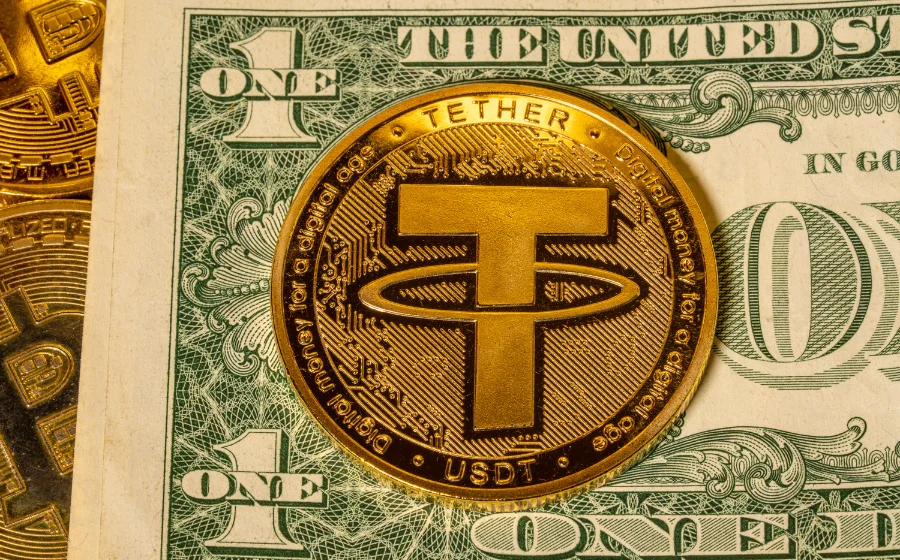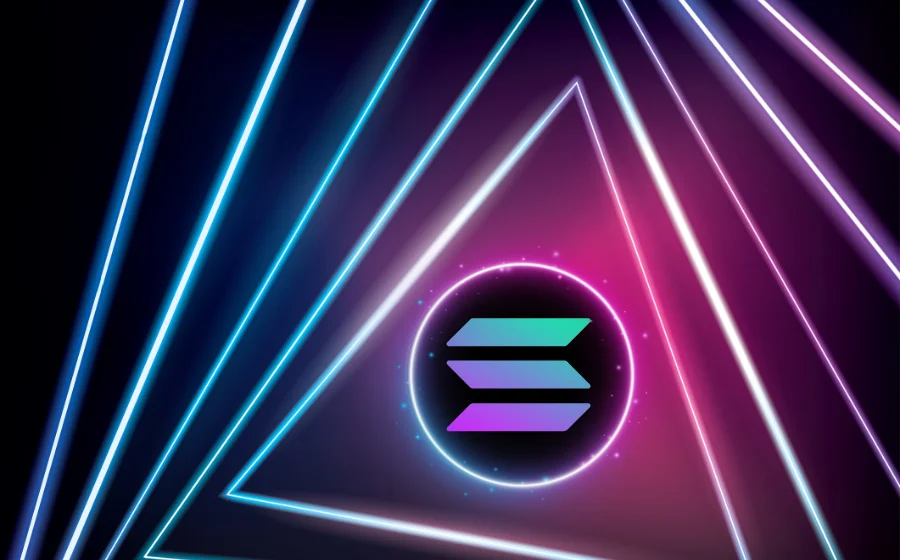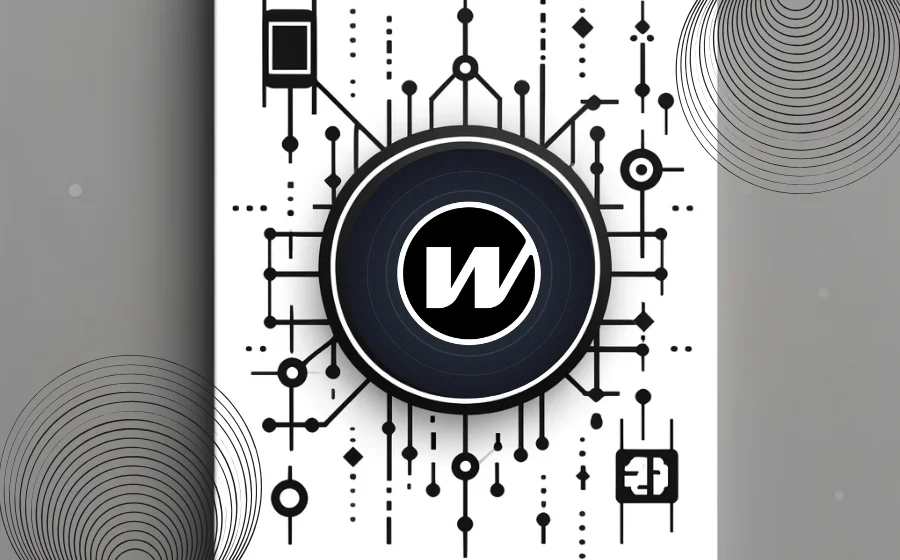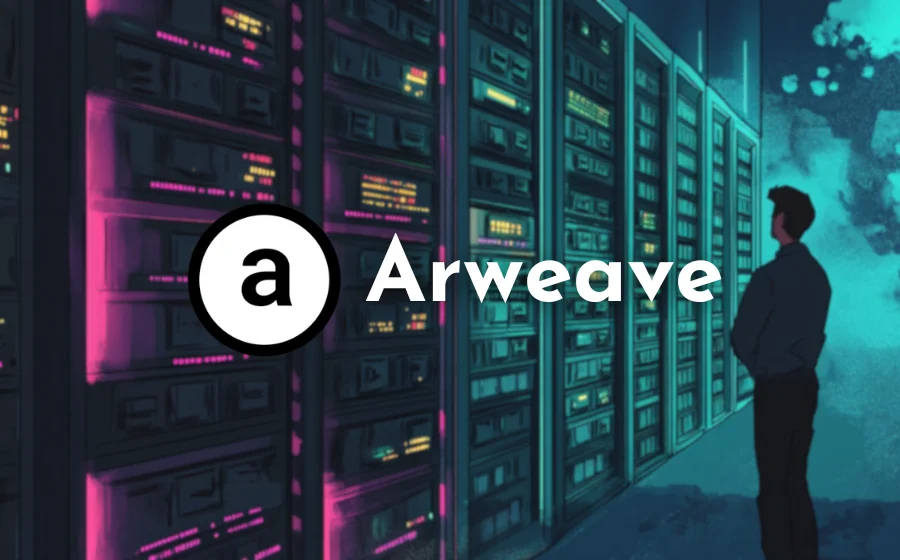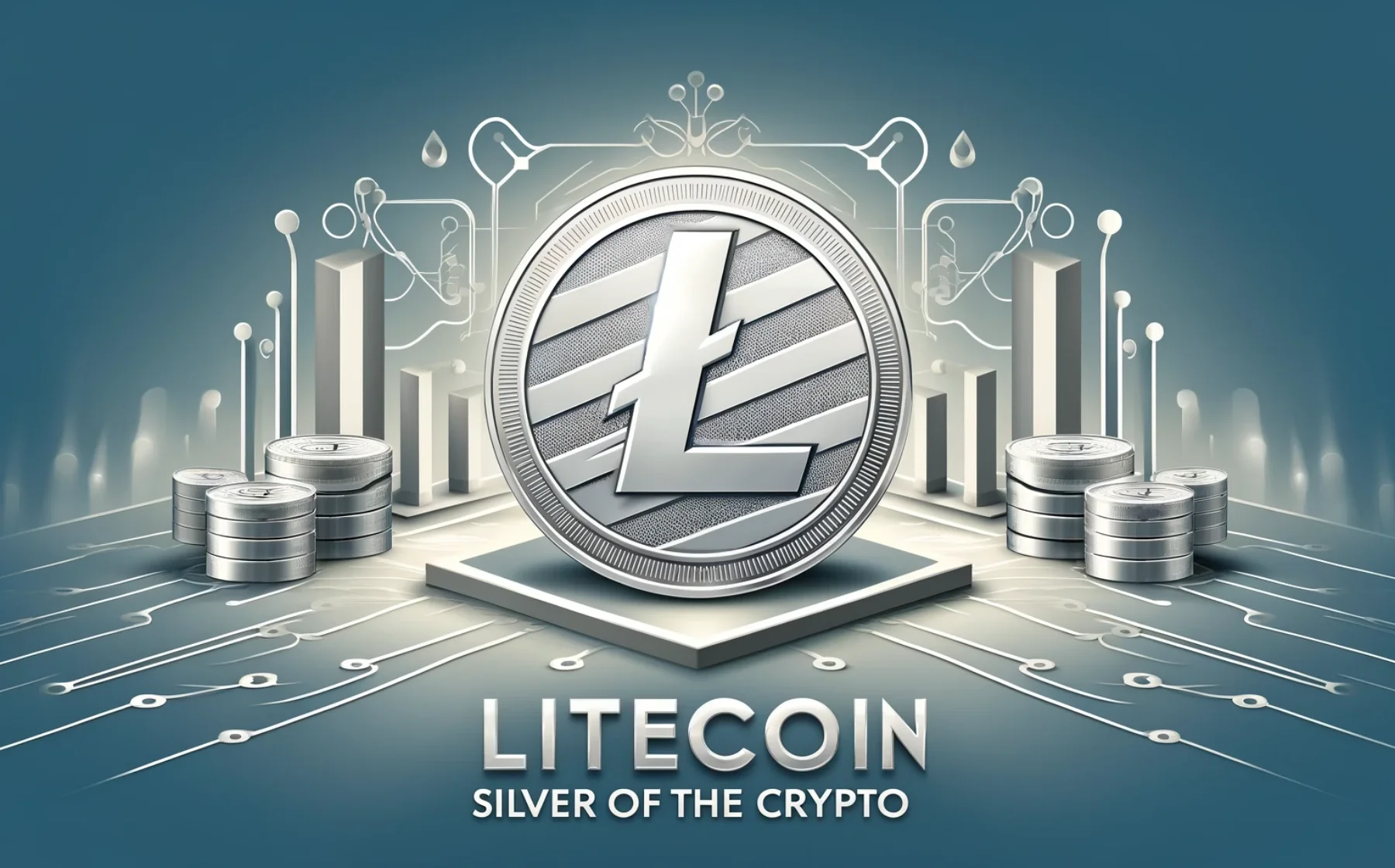
KEYTAKEAWAYS
- Fast Transactions: Litecoin processes transactions in 2.5 minutes, four times faster than Bitcoin, making it efficient for everyday use.
- Lower Fees: With transaction fees of around $0.072, Litecoin is a cost-effective alternative to Bitcoin, which has higher fees.
- Future Potential: Litecoin's practical design and upcoming adoption of the Lightning Network position it for widespread payment use and increased value.

CONTENT
Litecoin (LTC), launched in 2011, is one of the oldest altcoins and is often called the “silver of the crypto world.” It is considered better for peer-to-peer payments than Bitcoin due to its lower confirmation times and transaction fees.
Litecoin (LTC), introduced in 2012, is a peer-to-peer cryptocurrency that has been popular since its inception. Its primary founder, Charlie Lee, a former Google engineer, also serves as the Executive Director of the Litecoin Foundation.
The name “Litecoin” is inspired by the word “light,” indicating that it is a “lighter” version of Bitcoin. Litecoin‘s blockchain technology is fundamentally based on Bitcoin’s source code, but with several adjustments. For instance, Litecoin has a maximum supply of 84 million coins, nearly four times that of Bitcoin.
Litecoin was designed to address some of Bitcoin’s issues. As the cryptocurrency community grew and prices rose, many were curious about which coins to invest in. To assist in this decision, Lee created a new cryptocurrency based on Bitcoin’s code.
Similar to Bitcoin, Litecoin is a virtual currency with no physical form and operates on a decentralized structure, free from central banking institutions. New Litecoin issuance and transactions do not require banks.
As Charlie Lee stated, Litecoin was not created to compete with Bitcoin but to solve its existing problems, making digital currency transactions faster and more efficient. Litecoin aims to be a faster and more user-friendly alternative to Bitcoin, focusing on practicality and scalability. While Bitcoin is considered a store of value, Litecoin’s goal is to be a more practical peer-to-peer electronic cash system.
>>> More to read : What is Bitcoin?
LITECOIN VS BITCOIN
Charlie Lee created Litecoin to enhance Bitcoin, incorporating several superior features. As a virtual currency derived from Bitcoin, Litecoin aims to address Bitcoin’s slow transaction processing speed. Bitcoin’s system has limited capacity, leading to longer transaction and settlement times as user numbers grow.
Litecoin improves this by using SegWit, which compresses transaction data, enabling more transactions to fit into each block.
Here are some key differences between Litecoin and Bitcoin:
1. Speed
While Litecoin uses the same open-source code as Bitcoin, there are significant differences. Created by former Google engineer Charlie Lee in October 2012, one of the main differences between Litecoin and Bitcoin is transaction speed.
Litecoin generates blocks about four times faster than Bitcoin, allowing it to confirm transactions more quickly and handle more transactions in the same period without needing future software modifications.
2. Token Quantity
The intrinsic value of some cryptocurrencies is partly due to their limited supply. Once a specific number of Bitcoins or Litecoins are mined, no new coins will be created.
Bitcoin has a maximum supply of 21 million coins, while Litecoin has a maximum supply of 84 million coins.
3. Low Transaction Fees
Litecoin transactions are cheaper than Bitcoin transactions. The average transaction cost for Bitcoin is around $4.38, while the average transaction fee for Litecoin is only 2.6 cents.
4. Security
By encrypting your electronic wallet, you can secure your funds and view transactions and account balances. Before using Litecoin, you need to enter a password, which helps protect against wallet-stealing viruses and Trojans, providing security before sending payments.
WHAT IS LITECOIN USED FOR?
Similar to Bitcoin (BTC), Litecoin can be used for payments, investments, and as a store of value.
1. Payments
Like other cryptocurrencies, Litecoin can be used to pay for goods and services. Increasingly, more legitimate merchants are accepting Litecoin as a payment method, allowing you to buy jewelry, clothing, or luxury cars. Additionally, you can use Litecoin to transfer money to family and friends.
2. Investment
As a cryptocurrency, Litecoin is also a new type of investment vehicle. Compared to financial products like stocks and forex, Litecoin is more volatile, creating numerous opportunities for profit and attracting many investors. Some individuals, such as Litecoin founder Charlie Lee, Chinese Litecoin community leader Li Xiaolai, and Augur co-founder Jeremy Gardner, have made significant fortunes through early investments in Litecoin, earning millions or even billions of dollars.
3. Store of Value
Unlike fiat currencies controlled by central banks, which can be inflated indefinitely, Litecoin has a fixed supply and cannot be altered. As Litecoins are lost and consensus strengthens, Litecoin will become increasingly scarce. This suggests that Litecoin also has the potential to serve as a store of wealth.
PROS AND CONS OF LITECOIN (LTC)
Litecoin boasts fast transaction speeds. While a Bitcoin transaction can take around 10 minutes for confirmation, a Litecoin transaction completes in just 2 minutes. Additionally, Litecoin offers lower transaction fees, averaging 0.001 LTC (approximately $0.091), compared to Bitcoin’s average fee of 0.00014 BTC (around $3.78 as of May 17, 2023).
However, Litecoin has a lower level of consensus compared to Bitcoin, as evidenced by the number of wallet addresses, market share, and price.
FUTURE PROSPECTS OF LITECOIN (LTC)
Litecoin, an improved version of Bitcoin, shares similar uses and incentive mechanisms. However, there are notable differences, such as token economics and mining. Litecoin excels in transaction speed and fees compared to Bitcoin, but it lags in price, market capitalization, and market share.
Despite this, Litecoin holds promise for future practical use. It was developed with a focus on utility, featuring fast transaction and settlement speeds and low fees. Consequently, it is expected to become widespread as a payment service. As Litecoin’s usage expands, its value is likely to increase.
Due to its similarities with Bitcoin, Litecoin is also susceptible to Bitcoin’s price fluctuations. It was developed to address Bitcoin’s shortcomings and serves as a potential fallback in case of issues with Bitcoin.
Currently, Litecoin is used by PayPal, and it is anticipated to be adopted for other payment and remittance methods in the future. As mentioned, efforts are ongoing to introduce new technologies and collaborate with payment service providers.
With faster transaction and settlement speeds compared to Bitcoin, Litecoin is gaining attention as a payment method. As its popularity grows, its price is expected to rise.
Furthermore, Litecoin is likely to formally adopt the Lightning Network in the future. This technology enables efficient processing of even small payments, reducing remittance costs.
FAQ
- What is Litecoin (LTC)?
Litecoin (LTC), launched in 2011, is a peer-to-peer cryptocurrency known for enabling direct fund transfers without intermediaries like banks, making it a practical payment method.
- What is the Difference Between Litecoin and Bitcoin?
- Faster Transactions
- Lower Fees
- Different Mining Algorithm
▶ Buy Crypto at Bitget
ꚰ CoinRank x Bitget – Sign up & Trade to get $20!



